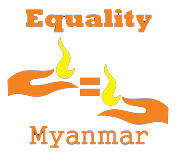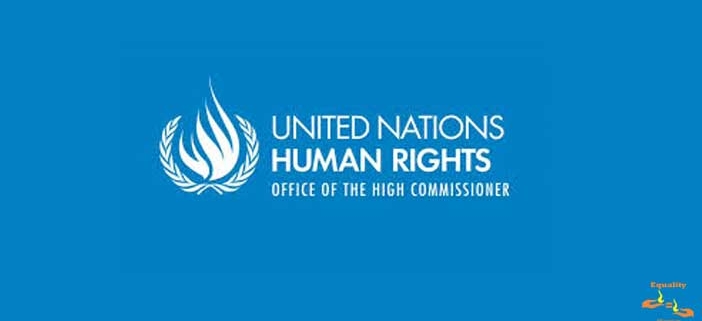Spokesperson for the UN High Commissioner for Human Rights : Ravina Shamdasani
Location: Geneva
Subject: (1) Myanmar
(2) Abolition of the death penalty in Suriname and Côte d’Ivoire
(1) Myanmar
We are concerned about the arrest of more than 100 students and other protestors following their participation in demonstrations in Latpadan, in the southern Bago Region of Myanmar on Tuesday. While a number of protestors were later released, most of those arrested are reportedly detained in Tharawaddy prison. Around 60 of them have been charged under various laws, including article 18 of the Law on the Right to Peaceful Assembly and Peaceful Procession.
We are also concerned about reports that the police used excessive and disproportionate force against the protestors.
While we note that the Government has formed an inquiry into another incident involving the dispersal of protests in Yangon on March 5, we call on it to also investigate the handling of Tuesday’sprotests. Any use of force by the authorities may only be exercised in a manner that it strictly necessary and proportional to the seriousness of the offence.
We urge the Government to unconditionally release all those detained for the exercise of their rights to peaceful assembly and freedom of expression and to amend the laws that place unnecessary and disproportionate restrictions on people’s rights, particularly the Law on the Right to Peaceful Assembly and Peaceful Procession.
The students have been marching to Yangon from central Myanmar’s Mandalay Region since 20 January, calling for amendments to the National Education Law, which they claim overly centralizes decision-making power on education, is restrictive on the formation of student unions and doesn’t provide for the teaching of ethnic minority languages.
(2) Abolition of the death penalty in Suriname and Côte d’Ivoire
We welcome the adoption by the parliaments of Suriname and Côte d’Ivoire of laws to eliminate capital punishment from their countries’ penal codes, respectively on 3 March and 9 March 2015. We hope that these laws will shortly be signed and promulgated by the presidents of both countries.
The decision in Suriname follows its commitment during its last Universal Periodical Review (2011) to support the recommendations calling for the abolition of the death penalty. Suriname has had a de facto moratorium on the death penalty in place since 1927.
We hope that Suriname’s initiative will have a positive impact on the other countries in the region which have de facto moratoria, but still maintain the death penalty in their legal frameworks.
In Côte d’Ivoire, capital punishment was abolished in the new constitution adopted in 2000 but has remained in the penal code until now.
We encourage both Suriname and Côte d’Ivoire to ratify the Second Optional Protocol to the International Covenant on Civil and Political Rights, which aims at the abolition of the death penalty.
For more information and media requests , please contact please contact Rupert Colville (+41 22 917 9767 / rcolville@ohchr.org ) or Ravina Shamdasani (+41 22 917 9169 / rshamdasani@ohchr.org) or Cécile Pouilly (+41 22 917 9310 / cpouilly@ohchr.or g) .
UN Human Rights, follow us on social media:
Facebook: https://www.facebook.com/
Twitter: http://twitter.com/
Google+ gplus.to/
YouTube: http://www.youtube.com/UNOHCHR


 Equality Myanmar (EQMM) is a leading nongovernmental organization that organises a wide range of human rights education and advocacy programs, the documentation human rights violations, and provides emergency support for activists, human rights defenders, and their families. We work with a range of local civil society organizations, educators, activists, various local actors, and our programs and activities reach all states and regions in Myanmar.
Equality Myanmar (EQMM) is a leading nongovernmental organization that organises a wide range of human rights education and advocacy programs, the documentation human rights violations, and provides emergency support for activists, human rights defenders, and their families. We work with a range of local civil society organizations, educators, activists, various local actors, and our programs and activities reach all states and regions in Myanmar.
